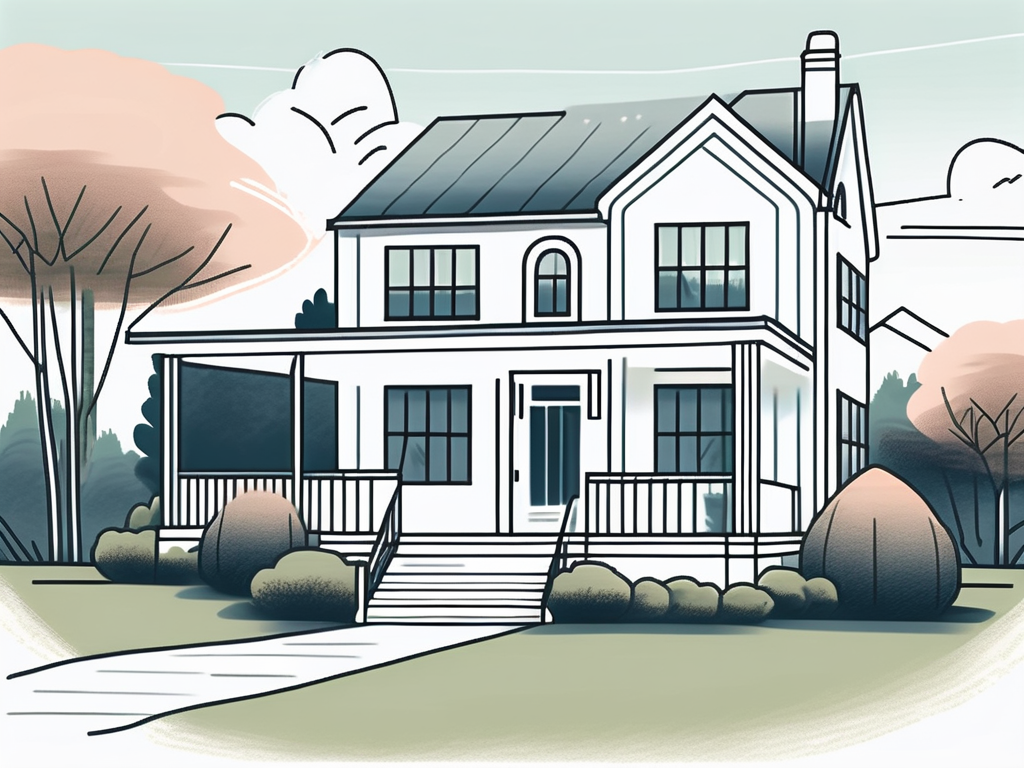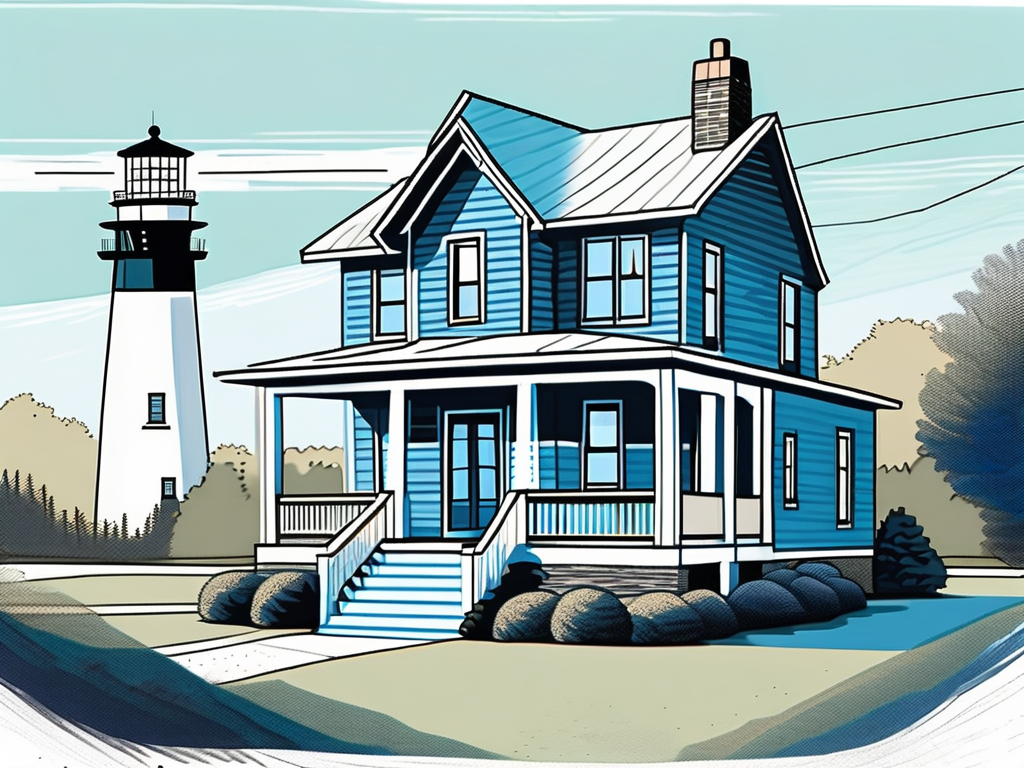Understanding the FSBO Process in North Carolina
When you decide to sell your home in North Carolina, you might consider the For Sale By Owner (FSBO) route. This method allows homeowners to bypass real estate agents, potentially saving thousands of dollars in commission fees. However, the FSBO process can be complex, requiring a deep understanding of real estate laws, marketing strategies, and negotiation techniques. This guide will walk you through the FSBO process in North Carolina, providing you with the knowledge you need to successfully sell your home.
Preparing Your Home for Sale
Before listing your home, it's essential to ensure it's in the best possible condition. This involves a thorough cleaning, decluttering, and possibly staging. You may also need to make minor repairs or improvements to increase your home's appeal to potential buyers.

North Carolina law requires sellers to complete a Residential Property Disclosure Statement, which details the condition of the property. This includes information about the home's systems, any known defects, and any pending legal issues. Being honest and transparent in this document can protect you from potential legal disputes down the line.
Home Inspection
While not mandatory, a pre-listing home inspection can be beneficial. This can help you identify any potential issues that could deter buyers or lower your home's value. If any major issues are found, you can choose to fix them before listing or adjust your asking price accordingly.
It's important to note that North Carolina law requires you to disclose any known issues to potential buyers. Therefore, if the inspection uncovers any problems, you are legally obligated to disclose them.
Setting the Right Price
One of the most critical steps in the FSBO process is setting the right price for your home. Overpricing can deter potential buyers, while underpricing can result in a financial loss. To determine the right price, you'll need to conduct a comparative market analysis (CMA).
A CMA involves comparing your home to similar properties in your area that have recently sold. This can give you an idea of what buyers are willing to pay for a home like yours. It's important to consider factors such as the home's size, location, condition, and any unique features or upgrades.
Appraisal
While a CMA can give you a good starting point, you might also consider getting a professional appraisal. An appraiser will provide a more detailed analysis of your home's value, considering factors such as the local real estate market, recent sales data, and the home's condition and features.
Keep in mind that buyers' lenders will also conduct an appraisal. If their appraisal comes in lower than your asking price, the buyer may ask you to lower the price or the deal could fall through.
Marketing Your Home
Once your home is ready and you've set a price, it's time to market your property. This involves listing your home on online platforms, creating a compelling property description, taking high-quality photos, and possibly hosting open houses.

In North Carolina, you can list your FSBO home on the Multiple Listing Service (MLS) for a flat fee. This can increase your home's visibility, as most buyers use the MLS to search for properties. Additionally, you should also consider marketing your home on social media and real estate websites.
Photography and Staging
High-quality photos can significantly impact a buyer's first impression of your home. Consider hiring a professional real estate photographer to capture your home's best features. Staging your home, either professionally or on your own, can also help potential buyers visualize themselves living in the space.
Remember, the goal is to make your home as appealing as possible to a wide range of buyers. This means depersonalizing the space and focusing on neutral décor and colors.
Negotiating and Closing the Sale
Once you've attracted potential buyers, you'll need to negotiate the sale price and terms. This can be a complex process, involving counteroffers, contingencies, and possibly dealing with the buyer's agent.

North Carolina law requires a lawyer to be involved in real estate transactions. Therefore, it's a good idea to hire a real estate attorney to help you navigate the legal aspects of the sale, including the purchase agreement and closing process.
Understanding the Closing Process
The closing process in North Carolina involves several steps, including the buyer's inspection, the appraisal, securing financing, and title search. Once all these steps are completed, you'll meet with the buyer, their attorney, and possibly their lender at the closing table to finalize the sale.
While the FSBO process can be challenging, it can also be rewarding. By understanding the process and laws in North Carolina, you can successfully sell your home and potentially save thousands of dollars in commission fees.





